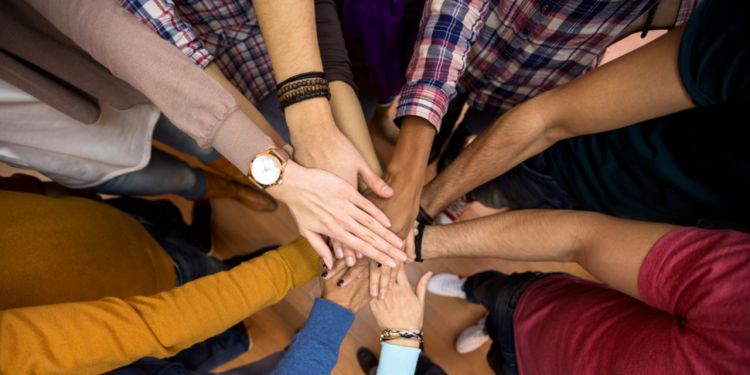
Diversity is at the heart of Israeli society. On one hand, the majority Jewish population is a patchwork of communities, each with unique traditions, food preferences, and clothing styles. In fact, before establishing the Hebrew state in 1948, Jewish communities were spread across the globe, from India and Ethiopia to Azerbaijan, Brazil, Yemen, Morocco, and various other nations. The streets of Israel reflect a blend of different skin tones, creating a vibrant mixture of cultures.
From its inception, Israel has ensured the freedom of religious practice for all its citizens, allowing everyone to commemorate their religious festivals and honor public holidays. The nation's Declaration of Independence firmly states this commitment to freedom.
Muslim Arabs
Arab Muslims constitute the largest minority in the country, accounting for 20% of the population. While tensions exist between these two communities because of the ongoing geopolitical situation, they generally coexist peacefully, which is evident in daily interactions like transportation and workplaces. A handful of mixed cities include Lod, Jaffa, and Haifa. However, only 10% of Israeli Arabs reside in these cities, as the majority prefer to live in towns exclusively inhabited by Arabs.
Christian community
There is also a modest Christian community, with 75% of its members being Arabs. While most Arabs reside in towns or villages predominantly inhabited by Arabs, they can choose their place of residence. The same applies to employment based on their skills and qualifications. Despite political tensions between Jews and Arabs, the Arab population is integral to Israel's diverse demographic makeup. They are visible across various professions, notably doctors, pharmacists, lawyers, journalists, social workers, and other fields.
Official languages in Israel
The presence of three official languages in the country – Hebrew, Arabic, and English – ensures that everyone can smoothly become a part of society. This means easy access to public services, education, healthcare, and recreational facilities. Additionally, due to the considerable Russian-speaking and French-speaking communities, receiving assistance in these languages is often feasible.
Inclusion of people with disabilities in Israel
According to government data, progress is still needed regarding professional inclusion and overall well-being for individuals with disabilities, comprising 18% of the Israeli population. In comparison, the corresponding figure for France in 2023 stands at 14.1%. This contrast could potentially be attributed to the various wars Israel has experienced over its 75 years of existence. A mere 57% of individuals with disabilities are employed (in contrast to 77% of the general population), and their average earnings are lower than those of individuals without disabilities. Consequently, it's unsurprising that 14% of them struggle to meet their living expenses, in contrast to 5% of the wider population.
Nonetheless, significant strides have been effectively taken in the realm of accessibility. The Ministry of Tourism has dedicated substantial resources to ensure that historical sites and resorts are accessible to everyone, along with modes of transportation, government facilities, and public spaces.
The LGBT community in Israel
Lastly, the Israeli nation's LGBT community is sizable and well-organized. Individuals within this group have the freedom to openly express their sexual orientation, although not everyone may be accepting of them.
Although same-sex couples cannot marry within Israel, marriages conducted in other countries are acknowledged nationwide, and this practice is widely accepted. In 2017, most Israelis voted to support the legalization of same-sex marriages. Nevertheless, same-sex couples were already allowed to adopt as early as 2008.
At the beginning of 2022, the Israeli government prohibited conversion therapy, which had been illegal since July 2020. However, with the establishment of a new right-wing government coalition comprising far-right and religious Orthodox parties in January 2023, there's a likelihood of forthcoming changes in the near future.
Useful links:
On ethnic and religious diversity:
https://www.tiyoul-tov.org/populations_en_israel.php?PHPSESSID=vao5q74nuj9m8ukeac423sd8t3
https://fr.timesofisrael.com/diversite-au-travail-des-entreprises-recompensees-en-israel/
On disability:
https://www.gov.il/en/Departments/General/pwd_israel_2021_statistics
https://www.aisrael.org/?CategoryID=2110&ArticleID=49527
https://www.touristisrael.com/accessible-travel-israel/12347/
On the LGBT community:
https://fr.wikipedia.org/wiki/Droits_LGBT_en_Israël
https://israelforever.org/blog/israel_beacon_gay_rights_in_the_middle_east/
We do our best to provide accurate and up to date information. However, if you have noticed any inaccuracies in this article, please let us know in the comments section below.







Comments